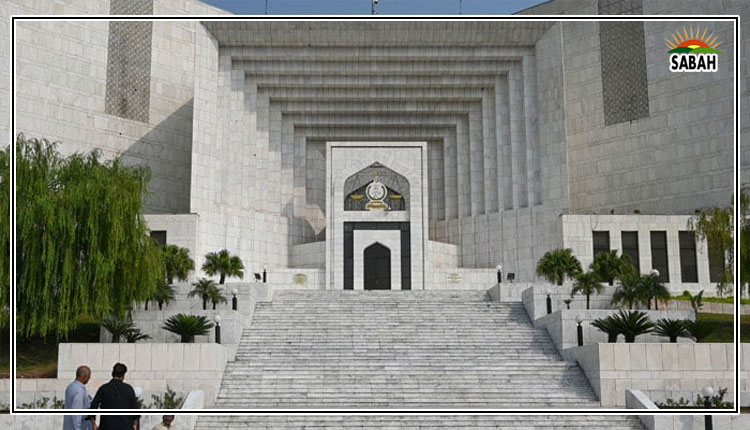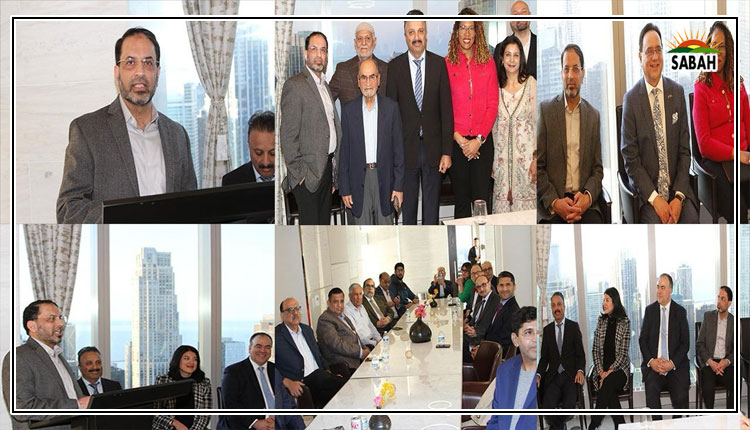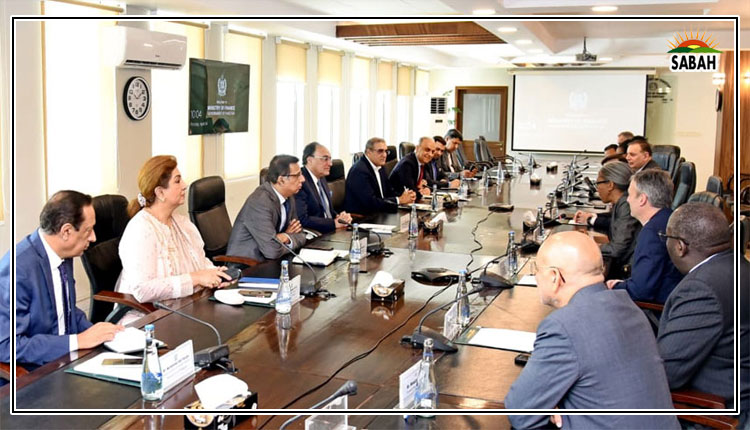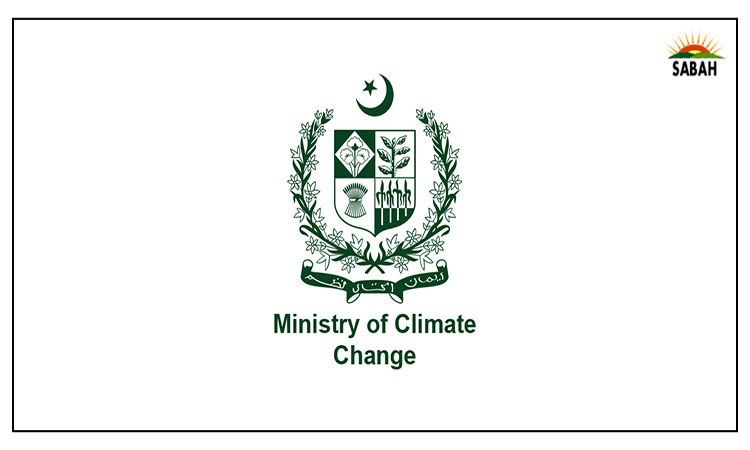Ministry of Climate Change & Environmental Coordination decides to appointed Senior Program Officer (Regional) SASP
ISLAMABAD, Feb 05 (SABAH): Ministry of Climate Change and Environmental Coordination has decided to appointed Senior Program Officer (Regional) South Asia Seas Program (SASP).
The overall objective of the SASAP is to protect and manage the marine environment and related coastal ecosystems of the region in an environmentally sound and sustainable manner.
The Ministry has invited applications from eligible government officers, for selection as Senior Program Officer for South Asia Seas Program (SASP), to be selected from Pakistan.
The parties to SASP include Pakistan, India, Bangladesh, Nepal and Sri Lanka had adopted Action Plan for SASP formally at a Meeting of Plenipotentiaries of the concerned countries held in New Delhi, on March 24th 1995.
The overall objective of the SASAP is to protect and manage the marine environment and related coastal ecosystems of the region in an environmentally sound and sustainable manner. The Action Plan in addition to specifying the needs under the main components of Environmental Assessment, Environmental Management, Environmental Legislation & Institutional and Financial Arrangements, identified the areas where priority activities need to be developed for implementation.
The Plan focuses on – Integrated Coastal Zone Management (ICZM). Oil‐spill contingency planning– human resource development and the environmental effects of land‐based activities. Although there is no regional convention yet, SASAP follows existing global environmental and maritime conventions and considers Law of the Sea as its umbrella convention.
Ongoing Activities, formal Adoption of the Regional Oil and Chemical Pollution Contingency Plan for South Asia in partnership with IMO.
Developing a Regional Strategy for Ballast Water Management in collaboration with IMO. A Scoping Study of Nutrient Pollution on the Coastal and Marine Systems of South Asia in collaboration with UNEP GPA and FAO/BOBLME. Developing a Regional Marine and Coastal Biodiversity Strategy for the South Asian Seas Region in collaboration with UNEP. Enhancing regional co‐operation mechanisms on marine pollution preparedness and response in the SACEP region.
The long‐term objective of the project is the effective implementation of the OPRC Convention and the OPRC‐HNS Protocol. The short‐term objective will be to enhance regional cooperation on marine pollution preparedness and response in the SACEP region through an early and effective implementation of the MoU on regional cooperation in case of emergency and through the revitalization of the regional contingency plan and its entry into force.
The results and outcomes that are expected at the completion of the project to include the Regional Contingency Plan, together with the MoU have entered into force; a regional exercise conducted to test the communication and the operational procedures of the current Regional Contingency Plan and to identify the gaps if any; the Regional Contingency Plan revisited, completed and updated as necessary.
The secretarial arrangements for the Regional Contingency Plan reviewed and confirmed; and key issues of importance regarding cooperation in case of major pollution incidents, such as the use of dispersants, aerial surveillance and liability and compensation addressed and related agreements reflected in the Regional Contingency Plan.












